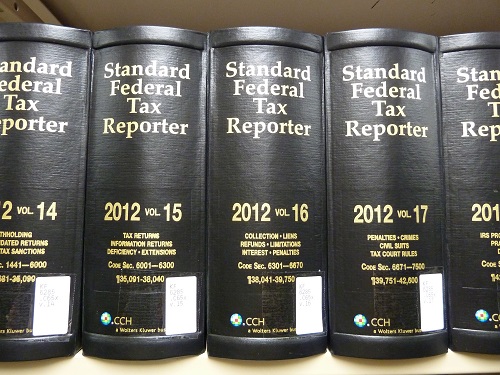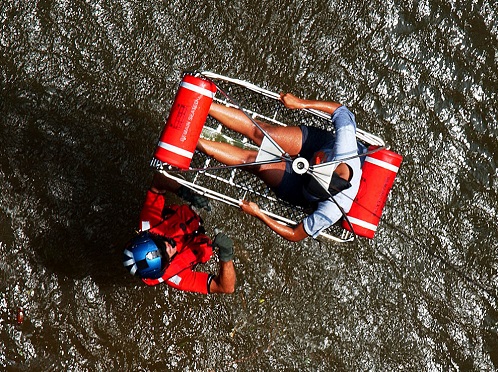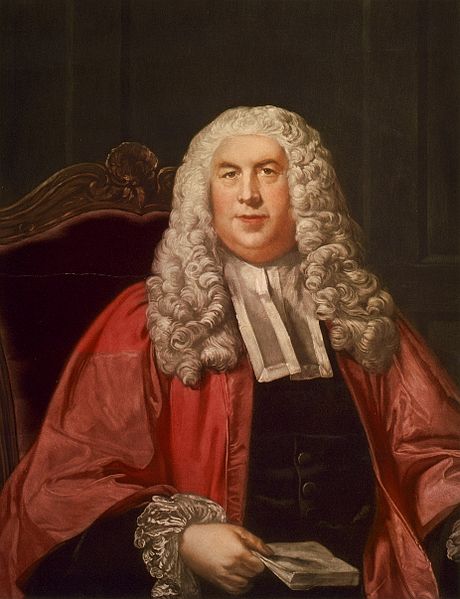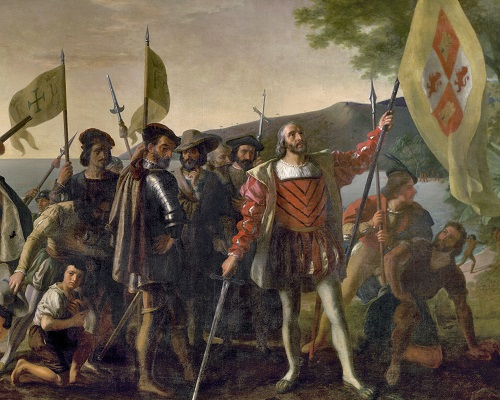October 24, 2017
Government regulations in a fallen world
The number of federal regulations in the United States broke an all-time record last year. A total of 97,110 pages were added to the Federal Register in 2016. The Competitive Enterprise Institute calculates the compliance costs and economic impacts of federal regulations at $1.89 trillion. Continue Reading...









